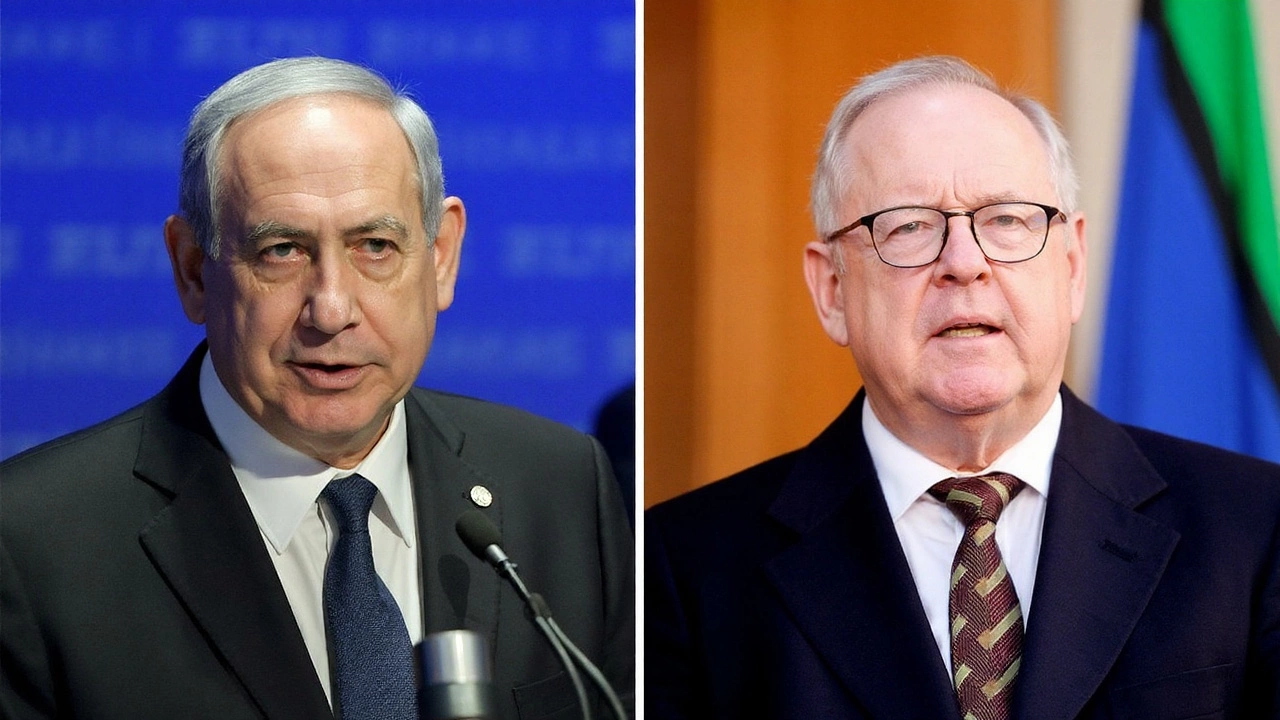Netanyahu: Who He Is and Why He Matters
If you’ve heard the name Netanyahu in the news, you probably wonder who he really is. Benjamin Netanyahu is an Israeli politician who has served as Israel’s prime minister for many years, making him one of the country’s most recognizable leaders.
Born in 1949 in Tel Aviv, Netanyahu grew up in a diplomatic family—his dad was an ambassador. He later moved to the United States for college, studying at MIT and earning a degree in architecture and a master’s in management. After returning to Israel, he entered the military, serving as a team leader in an elite unit. That mix of education, military experience, and foreign exposure shaped his later political style.
Long Political Journey
Netanyahu’s political career began in the 1980s when he became Israel’s first ambassador to the United Nations. He impressed many with his sharp speaking skills and strong stance on security issues. In 1996, he won his first term as prime minister, becoming the youngest ever to hold the job at that time.
After a brief break, he returned to power in 2009 and stayed in office until 2021, making him the longest‑serving prime minister in Israeli history. During those years, he focused on three main areas: security, the economy, and Israel’s relationships with other countries.
Key Policies and Controversies
Security is Netanyahu’s top priority. He believes a strong military is essential for protecting Israel against threats, especially from neighboring groups that don’t recognize Israel’s right to exist. This stance led him to support defensive projects like the Iron Dome missile system, which has saved countless lives. Economically, he pushed for free‑market reforms, encouraging technology startups and foreign investment. Under his leadership, Israel earned the nickname "Startup Nation," and its tech sector grew dramatically. On the diplomatic front, Netanyahu has worked to strengthen ties with the United States and other allies. He played a role in the Abraham Accords, which normalized relations between Israel and several Arab nations.
However, his tenure isn’t without controversy. Critics say his policies on settlements in the West Bank hinder peace talks. He also faces legal challenges, with investigations into alleged corruption and bribery. These issues keep him in the headlines and fuel heated debates.
Today, Netanyahu is back in the political arena, leading a coalition government. Whether you agree with his views or not, his influence on Israeli politics and international relations is hard to ignore.
Understanding Netanyahu helps you make sense of the headlines about Israel’s security moves, peace negotiations, and economic developments. Keep an eye on his speeches and decisions—what he does often has ripple effects far beyond Israel’s borders.
In short, Benjamin Netanyahu is a seasoned politician with a background in diplomacy, military service, and technology‑driven economics. His long tenure, security focus, and controversial decisions make him a central figure in both Israeli and global affairs.

Netanyahu’s Ultimatum to Australia: Rosh Hashanah Deadline Over Antisemitism
Israeli Prime Minister Benjamin Netanyahu has given Australian Prime Minister Anthony Albanese until Rosh Hashanah to act on a surge of antisemitic incidents. The stern letter, citing arson attacks and violent protests, marks a sharp escalation in Israel‑Australia ties amid broader Middle‑East policy disputes.